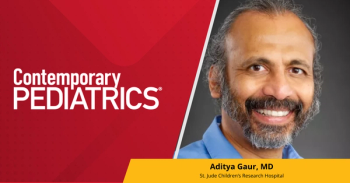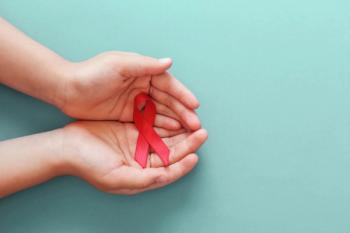
What we have to be thankful for from 2020
Believe it or not, there was a sunny side to 2020.
Writing about all that has gone terribly wrong in 2020 is the easy thing, so instead, I thought I would finish off the year with a list of all the things the health care community can be grateful for from 2020.
Yes, we are living through a deadly pandemic, and no one is certain when life will return to the way we remember it from 2019. But, in spite of all the dark news, there has been spectacular scientific progress, wise counsel from experts we trust, and a tremendous grass roots movement of love and support that came streaming in from all over the world in random communities. (Remember those images of 7 p.m. standing ovations from open windows across the globe, as hospital workers changed shifts?) Here are some other things that I am grateful for as well:
Dr Anthony Fauci: An unflappable doctor with a gravely voice and slight Brooklyn accent, Anthony Fauci, the director of the National Institute of Allergy and Infectious Disease first made a name for himself in the 1980s, working with AIDS activists as early as 1981 to desperately find a cure for the HIV virus at a time when the government was largely ignoring "the gay plague." This year, he continued to inform us about COVID-19 with the same calm countenance he has always been known for, delivering the unvarnished facts, neither minimizing or exaggerating the impact of COVID-19, and has more than earned our trust as the go-to medical advisor who will deliver what we need to know—the scientific truth.
The vaccines: Pfizer-BioNTech and Moderna moved, with unprecedented speed, from the laboratory to the Federal Express trucks to the hospitals, vaccines with minimal side effects and staggering efficacy rates of more than 94%. As a point of comparison, scientists began working on the polio vaccine in the 1930s: It wasn't until 1953 that Jonas Salk was able to create one for the public that was truly safe and effective. And in 2019, a vaccine for Ebola was approved, 5 years from the start of its phase 1 trials, which was lauded for its speed. Thank you, messenger RNA.
Masks that work: Recent images in documentaries showing nurses and doctors treating patients of the 1918 Spanish flu are shudder-worthy: The masks are made of porous gauze, and most health care workers wrapped them around their mouth, leaving their noses exposed. We know so, so, so much better now.
Zoom: Sure, at times those Sunday afternoon Zoom calls with the whole family made you groan after a while, but the technology still provided the second-best way to reach out and touch someone we love, or miss, or both.
Telemedicine: This one is huge. It no doubt transformed the medical office landscape permanently, allowing sick and contagious patients to be diagnosed and treated from the safety of their homes (providing a great deal of comfort for both the health care worker and the patient, who both could be in danger of being infected).
Hand sanitzers: In 1946, Goldie and Jerry Lippman, working with a chemist at Kent State University, developed a waterless hand cleaner for rubber plant workers; called Gojo, which was a mixture of petroleum jelly, mineral oil, and less than 5% alcohol. Then, in 1988, the company that the Lippmans created invented Purell—and the rest is clean-hand history.
People that still care: Roughly 160 million Americans turned out to vote in 2020, almost 25 million more than did so in 2016. The 2020 presidential election turnout will now go down in history as the highest voter turnout of all time. That's the toughest argument of all when cynics tout that people just don't care. And keep on caring, we will.
Newsletter
Access practical, evidence-based guidance to support better care for our youngest patients. Join our email list for the latest clinical updates.






